Table of contents
Browse categories
Browse authors
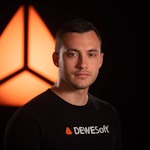 AB
ABAlberto Boffi
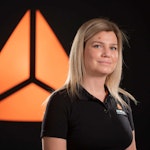 AL
ALAlessia Longo
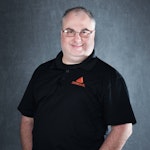 AH
AHAl Hoge
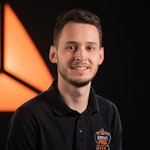 AB
ABAljaž Blažun
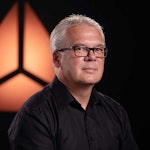 BJ
BJBernard Jerman
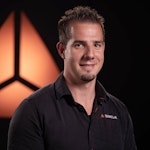 BČ
BČBojan Čontala
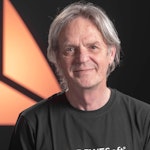 CF
CFCarsten Frederiksen
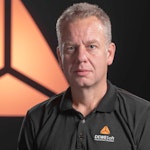 CS
CSCarsten Stjernfelt
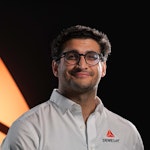 DC
DCDaniel Colmenares
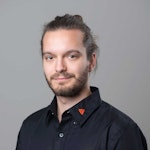 DF
DFDino Florjančič
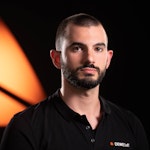 EB
EBEmanuele Burgognoni
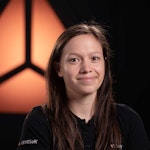 EK
EKEva Kalšek
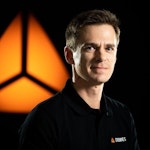 FB
FBFranck Beranger
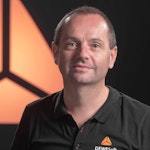 GR
GRGabriele Ribichini
Glacier Chen
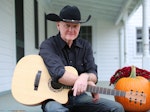 GS
GSGrant Maloy Smith
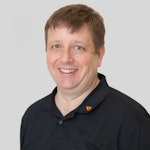 HB
HBHelmut Behmüller
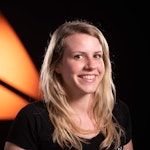 IB
IBIza Burnik
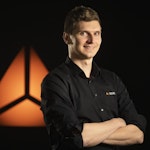 JO
JOJaka Ogorevc
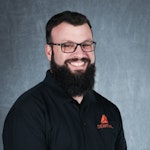 JR
JRJake Rosenthal
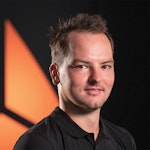 JS
JSJernej Sirk
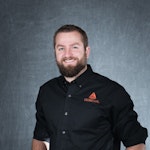 JM
JMJohn Miller
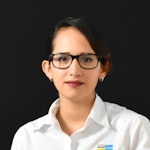 KM
KMKarla Yera Morales
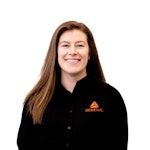 KD
KDKayla Day
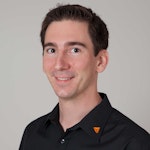 KS
KSKonrad Schweiger
Leslie Wang
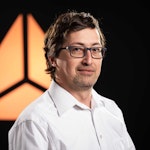 LS
LSLoïc Siret
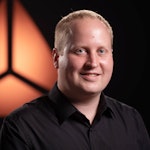 LJ
LJLuka Jerman
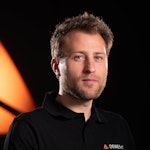 MB
MBMarco Behmer
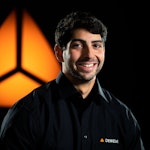 MR
MRMarco Ribichini
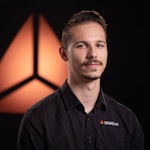 ML
MLMatic Lebar
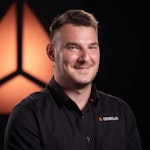 MS
MSMatjaž Strniša
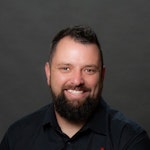 ME
MEMatthew Engquist
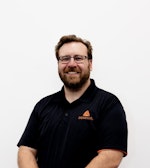 ME
MEMichael Elmerick
 NP
NPNicolas Phan
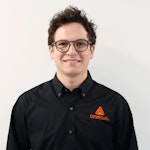 OM
OMOwen Maginity
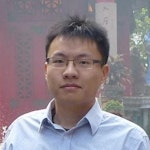 PF
PFPatrick Fu
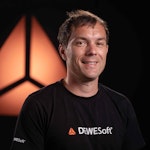 PR
PRPrimož Rome
 RM
RMRok Mesar
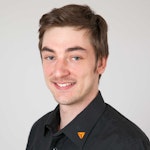 RS
RSRupert Schwarz
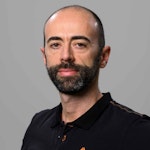 SA
SASamuele Ardizio
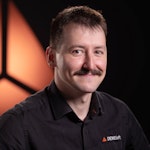 SK
SKSimon Kodrič
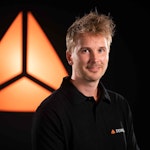 SG
SGSøren Linnet Gjelstrup
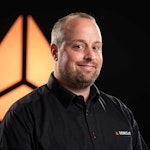 TH
THThorsten Hartleb
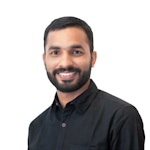 TV
TVTirin Varghese
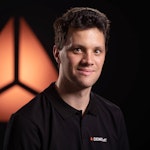 UK
UKUrban Kuhar
Valentino Pagliara
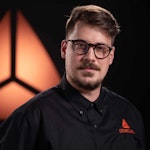 VS
VSVid Selič
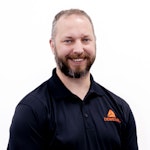 WK
WKWill Kooiker
Summer Camp 2024: Reaching for the Stars
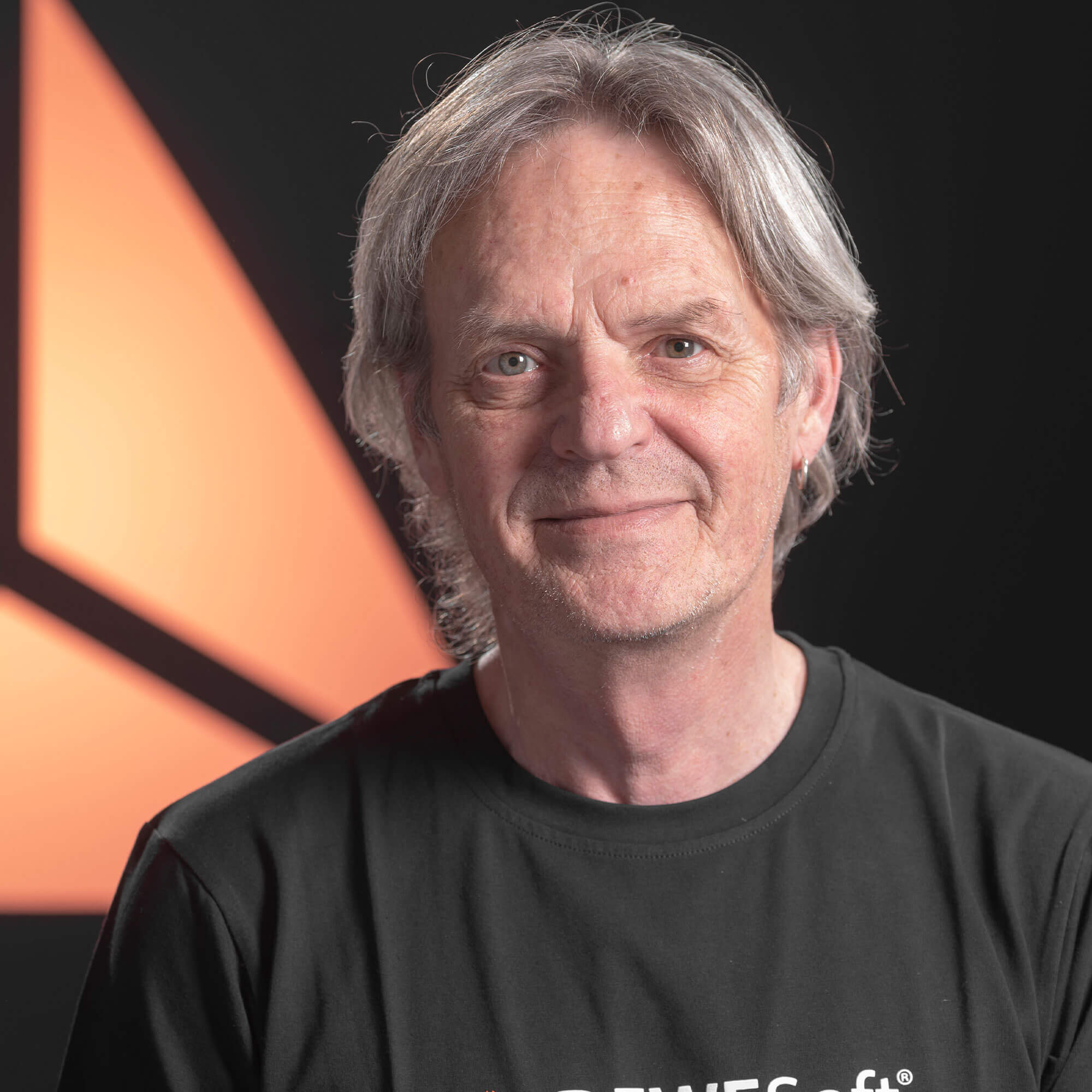
September 2, 2024
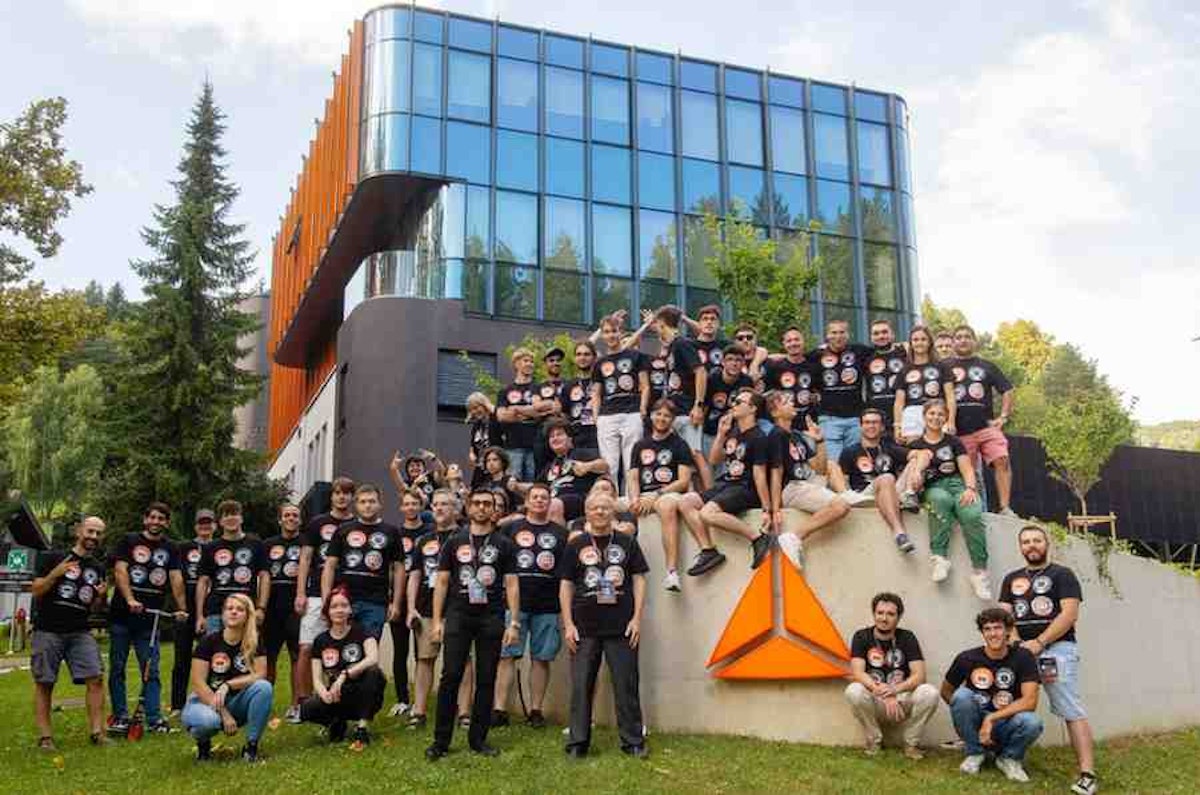
We aimed for the stars, and we missed - but we landed on the Moon,
says Pedro Alves from Portugal, an aeronautical engineering student at Delft University and member of the AQUILO Rocket Team, evaluating the robot his team made in less than a week at the Dewesoft Summer Camp 2024.
The 3rd Summer Camp
From August 1st to 8th, the annual Dewesoft Summer Camp transpired in Trbovlje, Slovenia. Starting in 2022 as a wholly Italian initiative, it has since developed into an international European event. The camp settings are the facilities of Katapult, a business incubator initiated by Dewesoft and neighboring its headquarters.
The idea is giving something to the students. They will design our future, also my future, so I try to give them whatever they may need for us to have a better place to live,
says Riccardo Petrei, project manager at Dewesoft Italia and one of the people behind the summer camp concept.
Thirty-four students from universities in Austria, France, Germany, Italy, the Netherlands, Poland, Slovenia, and Spain joined this year—more countries were represented as three students were of Portuguese, Czech and Ukrainian nationality. The students came from almost all engineering fields: mechanical, electrical, electronic, industrial, aerospace, computer, mechatronics, and robotics, ranging from first-year students to Ph.D. level.
The robot challenge
This year's challenge was to make a robot. Within the week, the students were to design, create, and animate a likeable, cartoonish robot head that could react to sensor input. At the end of the week, they should present an assembled and functioning robot readily programmed with detailed design schematics.
The students should construct the robot using DewesoftX data acquisition software for sensor data collection and the Dewesoft OBSIDIAN control platform for remote operation and monitoring. Kits with the needed materials and tools were at hand, including wires, adhesives and tape, synthetic fur, servos, power supplies, connectors, cords and cables, soldering irons, screwdrivers, cutters, and five 3D printers.
We had the unique opportunity to utilize openDAQ to control an alpha version of Dewesoft OBSIDIAN and contribute to the test and development of the product,
says Etto Fins, Dewesoft Education Ambassador.
An honor that can happen to very few!
The robot design should prioritize stability and maneuverability. A panel of judges would ultimately evaluate the teams’ outcomes based on performance, creativity, and teamwork. The challenge was designed to enhance the participants’ science, technology, engineering, and mathematics skills, foster creativity, and, not least, encourage teamwork.
Three weeks before the event, the participants received an introduction to the robotics challenge and a list of the tools and materials that would be available. This allowed the students to create preliminary robot concepts in advance.
Based on the proposed creative concepts, the students formed five groups of six to seven to compete for the best solution - all groups a mix of educational backgrounds and nationalities:
Team 1: BradiBot - a sloth head combining the Italian word for sloth and robot
Team 2: BunBee - robotic head mixing a bunny and a bee
Team 3: Wile E. Coyote Robot, the head of the road-runner chasing coyote
Team 4: Robotic head of a bear stealing honey, Winnie the Pooh
Team 5: Robotic fox, the head of a fox based on aerospace-compliant mechanisms
During the camp, I significantly improved my soft skills and connected with students and professionals from all over Europe,
says Damiano Carra, a robotics student at the Polytechnic of Turin.
Incredible adventure.
Training and mentors
Although the time for the challenge was limited, the students also joined a series of presentations in Katapult. The topics included electronics, DAQ and sensors, DewesoftX and Bottango software, CAD and 3D printing, modal testing and analysis, digital signal processing, thermal cameras, NVH applications, and power measurement.
Passion is what will get you there,
said Professor of Mechanical Vibration Luigi Bregant, the University of Trieste, talking on the topic: What type of engineer do you want to be?
Find what gives you satisfaction. Have fun doing what you are doing because you’ll spend 40 years doing it. At least try to have fun; otherwise, it will be a pain.
Around Dewesoft HQ and Katapult, the teams also visited various hands-on demo stations, which included show-casing measurements on a demo rocket and a BMW show car, both fully equipped with sensors and Dewesoft DAQ.
The camp was an incredible learning experience,
says Edoardo Finamore, a mechanical engineering student - mechatronics and robotics at the Polytechnic University of Milan.
I gained valuable collaboration skills and enhanced my technical expertise. Inspiring lectures on structural dynamics and measurement techniques showed how accessible and effective DewesoftX software can be.
Dewesoft specialists and student camp veterans, like Alberto Boffi, now propulsion engineer at Avio, Tommaso Panseri, and Francesco Miccoli, all from the rocketry team at the Polytechnic University of Milan, assumed the role of team mentors, providing guidance, advice, and practical support.
Also, Mr. Passeri, the Italian special effects artist and film director, was invited as a special guest and shared his lifelong robotics expertise. As did Dr Maša Jazbec and Tanja Hanzič from Katapult Robotics, which aims to spread and popularize knowledge of humanoid robots through events, lectures, and workshops.
None of us had prior experience, let alone expected to complete the arduous task, but in the end, the commitment and hard work paid off,
says Giuseppe Basile, a mechanical engineering student at the University of Trieste.
I am glad to have participated in Dewesoft Summer Camp 2024 and thank everyone for the wonderful experience.
The conclusion
All five teams produced a robot that fulfilled the requirements. In conclusion, the teams presented their results evaluating their robot and joint efforts in front of the judging panel, which consisted of mentors and specialists from Katapult and Dewesoft, including the president, Dr. Jure Knez.
Despite the tight schedule, the students also found time to play volleyball, football, and futsal and relax in the thermal waters at their hotel, Rimske Terme. An excursion took the teams to the now-shut-down Trbovlje power plant, which has the tallest chimney in Europe, 360 meters to lead the smoke out of the Sava River valley.
The camp transformed my soft skills and showed me their true importance—project, people, resources, and time management—as well as communication, debating, presenting, and listening,
says Barbora Frynta, an aeronautical engineering student at Delft University.
Most importantly, I gained a network of accomplished, collaborative engineers and I can now turn to an outstanding company for guidance, problem-solving, and pure creative inspiration.
At the combined closing session and pool party at Rimske Terme, the winning team of the challenge was announced—team 4, the "Winnie the Pooh Stealing Honey" project. The team members received an exclusive Obsidian LEGO set! Also, Barbora Frynta won the special prize as the Most Valued Player and received a 3D printer.
An intense week of learning, lots of fast food, and new friendships ended under the night stars with happy faces in the open-air pool.